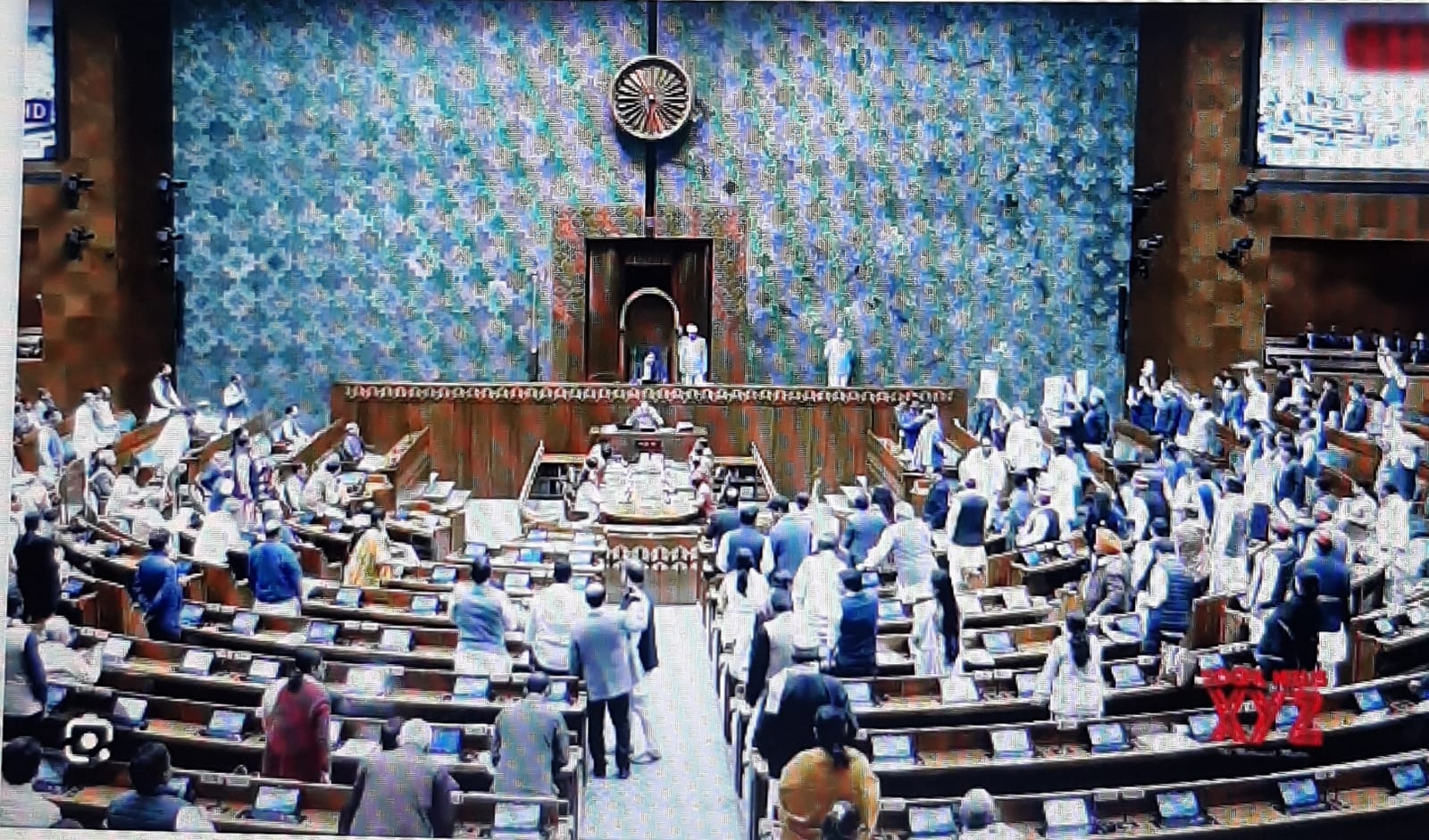
The labour reform bills that replace archaic labour laws with codes have been pending for a long time.
V S Pandey
Nobel laureate Douglass North wrote that institutions are made up of formal rules and informal norms of behaviour, and their enforcement characterise and shape human conduct and create incentives and disincentives for people to behave in a particular manner. The government of the day is supposed to create required institutions , incentives and structures for economic growth. Hence the need for laws, constitution and regulations. The evolution of laws over a period of time are not only essential but mandatory for growth in all spheres of human life.
Any law made by the government needs to be implemented in letter and spirit by the system created for that purpose. One may call them inspectors or officials as per one’s own way of looking at the environment around themselves. Success or failure of the law in achieving its objectives depends on the integrity, efficiency and level of commitment of the implementing agency towards performance of duty. No law exists in isolation, its efficacy , utility and success depends upon the prevailing environment in which the implementing agencies operate. This is true for all laws including the plethora of labour laws enacted over a period of several decades. There is another truth: That any law or regulation enacted in the past needs to be revisited and updated with changing times and requirements of the society.
The three labour laws passed by Parliament, in the recently-concluded session, have been under discussion for decades. Since labour is in the concurrent list, the central and respective state governments have been enacting laws from time to time. With a plethora of laws in vogue, a need was felt to simplify the labour laws and make them in tune with the current economic environment. The three bills passed by Parliament relate to occupational safety, health and working conditions, industrial relations and social security. Along with the earlier enacted Wage Act, these four codes subsume in the 44-odd central laws enacted during the past several decades.
The labour reform bills that replace archaic labour laws with codes have been pending for a long time. The current three bills were presented in Parliament in December 2019 and were referred to the Parliamentary Standing Committee for examination. After holding detailed consultation with stakeholders, the committee submitted its report to Parliament making several recommendations. The government accepted 174 of the 233 recommendations of the standing committee on labour and incorporated them in these three codes. These codes not only reduce the multiplicity of labour laws but include several reforms which are supposed to be beneficial to both sides.
The most contentious of all the codes, the Code on Industrial Relations seeks to consolidate and amend laws relating to trade unions, conditions of employment in industrial establishments or undertaking, investigation and settlement of industrial disputes. The Industrial Relations Code has raised the threshold for requirement of a standing order — rules of conduct for workmen employed in industrial establishments — to over 300 workers. Interestingly in the earlier Industrial Disputes Act of 1947, Chapter V-B was introduced by an amendment in 1976, requiring firms employing 300 or more workers to obtain government permission for layoffs, retrenchments and closures. A further amendment in 1982 (which took effect in 1984) expanded its ambit by reducing the threshold to 100 workers. Meanwhile, during the past few years, 16 states have already increased the threshold for closure, lay off and retrenchment in firms with up to 300 workers without the central government permission.
The Code on Social Security, 2020, consolidated laws relating to social security and ensures extension of social security to all employees and workers both in the organised and the unorganised sector. The Social Security Code enables the creation of a National Social Security Board which will take on the responsibility of formulating suitable schemes for unorganised workers, gig workers and platform workers. Under the Code on Occupational, Safety, Health and Working Condition code, the government has provided for a full-fledged survey for migrant workers for which the Centre will source data from various agencies and states. It also brings these sections of workers under the ambit of social security schemes that include life and disability insurance, provident funds, health and maternity benefits and skill upgradation. The codes also provide for issue of appointment letters to workers, digitising payment of wages and their free annual medical checkup.
In any democracy, people are entitled to have their own opinion and all opinions need to be considered and weighed upon to arrive at the most beneficial piece of legislation to take the country forward. Every law has to aim to maintain the best possible balance between competing interests and should try to give as much comfort to the weaker of the two sides, as much possible in the larger interest of our nation. Ultimately these laws will be as good as their implementation, mere letters of law have no meaning. The government has to ensure that they are implemented with honesty and integrity, then only the country will be able to achieve the desired goal of speeding up economic growth and unleashing the untapped potential of thousands and thousands of our industries, businesses and entrepreneurs to take the nation to new heights. (Courtesy: Hindustan Times)
(VS Pandey is a former IAS officer. He retired as secretary, department of fertilisers in the Government of India)









